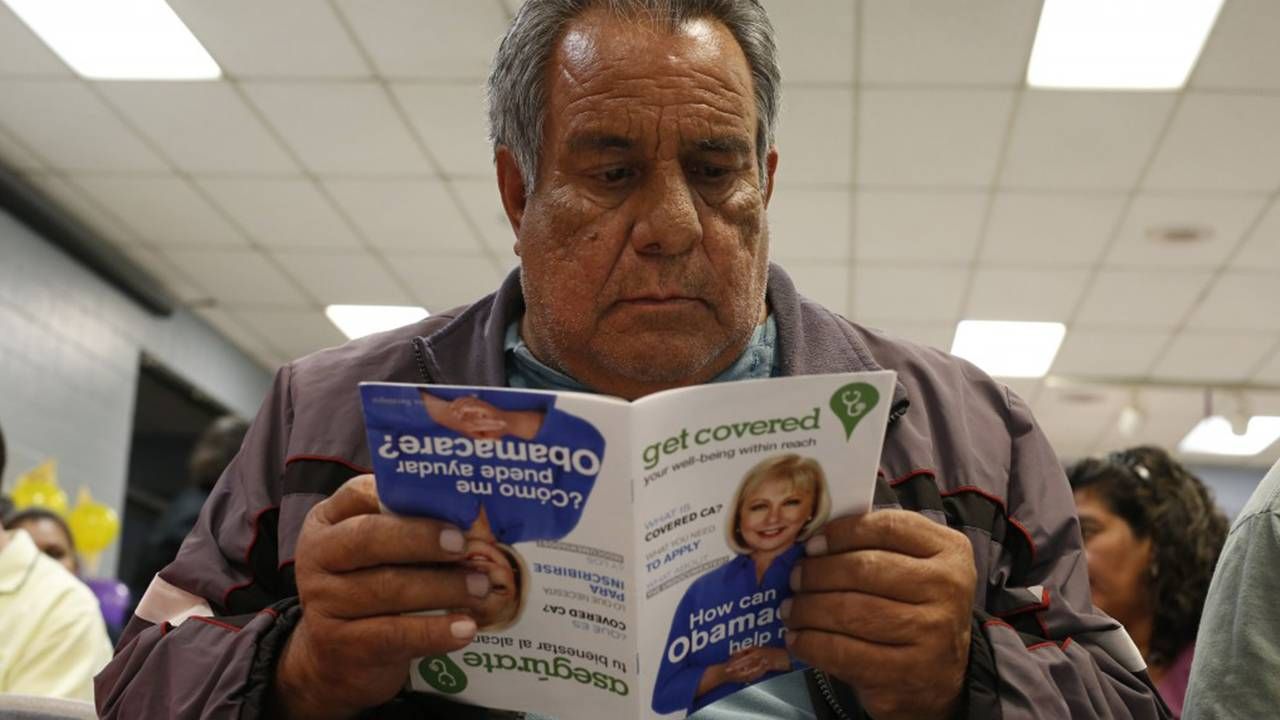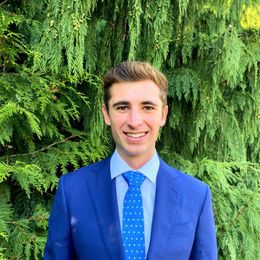OPINION: We Need Classes to Prepare for Later Life
Studying public health and aging makes me believe older adults could use a 'universal 13th grade'
We have created an entirely new stage of life by expanding life expectancy 30 years. Although the quantity of years lived has greatly improved, the quality of those final years has not.

The loneliness so many elders experience has only been exacerbated by COVID-19. Meanwhile, we force Americans in their 60s and beyond to make vital decisions about health care and health insurance without proper knowledge of their complexities.
A Universal '13th Grade' for People in Their 60s
I thought it was absurd that my grandfather had to pay someone to explain how public benefits work.
That's why, based on what I've learned as a graduate student in epidemiology and my own life experience, I think our nation needs a "universal 13 grade" for people in their 60s. It would educate them about the essentials of aging.
I came to this conclusion after enrolling in a lifecourse epidemiology class at Columbia University as part of my Master of Public Health program there. The class emphasized that education at any age is associated with better health.
Concurrently, my grandmother had to be admitted to the hospital, and later a long-term care facility, leaving my grandfather struggling to understand how to pay for the expenses. He spent thousands of dollars to hire a financial adviser with expertise in Medicare who helped my grandfather navigate the nuances of long-term care insurance; Medicare Parts A through D and supplemental Medicare insurance.
I thought it was absurd that my grandfather had to pay someone to explain how public benefits work.
Confusion Over How Medicare Works
However, as I researched this, I soon discovered that most Americans over 65 lacked a basic understanding of how Medicare works and what it covers. A recent MedicareAdvantage.com survey of 1,000 Medicare beneficiaries found that nearly 70% felt Medicare is confusing and difficult to understand. And 70% also wrongly believed that Medicare Part A and B have annual out-of-pocket spending limits.
So, could a universal 13 grade improve not the mental, physical and financial health of people like my grandparents?
The truth is, we've created a new stage of life but haven't taught people how to live it. Yet, we prepare toddlers to enter school by teaching them the alphabet and prepare high schoolers for adulthood by teaching them civics, health and science in high school. How can we fail to teach our new retirees how to navigate life after full-time work?
As I see it, the United States should provide a universal education program to adults 65 and older on the intricacies of Medicare and long-term care as well as health matters related to aging. Even better, it should include a one-stop shop for volunteering and community engagement opportunities.
When my grandfather hired the adviser to help him understand the health care and long-term care systems, my parents said, "You shouldn't have to take a class on Medicare to be able to understand it."
They are absolutely right. You shouldn't. But given the current complex system of Medicare Parts A through D, Medigap, Medicare Advantage plans from private health insurers, long-term care insurance and Medicaid, maybe making all older adults take a class is exactly what we should do.
A New Government Program Would Pay Huge Dividends
Anytime a new government program starts, people are concerned about overreach and federal spending. Fortunately, educating current and future Medicare beneficiaries will reduce spending as people better understand what is covered and then reduce unneeded expenses.
We wouldn't need to pay people to teach this program. Its graduates who are interested in volunteering would teach next year's entering participants.
Not very often does a program have the potential to improve the lives of its beneficiaries while also reducing costs.
Older adults consistently report that they want good health, connections, engagement for purpose and the chance to leave a lasting legacy. Through a meaningful volunteer 13 grade program, they could be more likely to stay healthy, connected and engaged, while improving the lives of future retirees, leaving a legacy for generations to come.
Not very often does a program have the potential to improve the lives of its beneficiaries while also reducing costs.
This 13 grade program would be specifically tailored to the policies of its students' state and communities. It would be taught in trusted, existing community centers like schools and places of worship.
I haven't found any nation's government offering a program like the one I envision. And while it's true that financial and insurance firms are beginning to host Medicare education seminars in certain places around the country, we need a program that can meet the needs of the elders in every locale.
Community leaders don't need to wait for the next crisis to begin the process. We have built a new stage of life. Now we have the opportunity to help people actually enjoy it.


